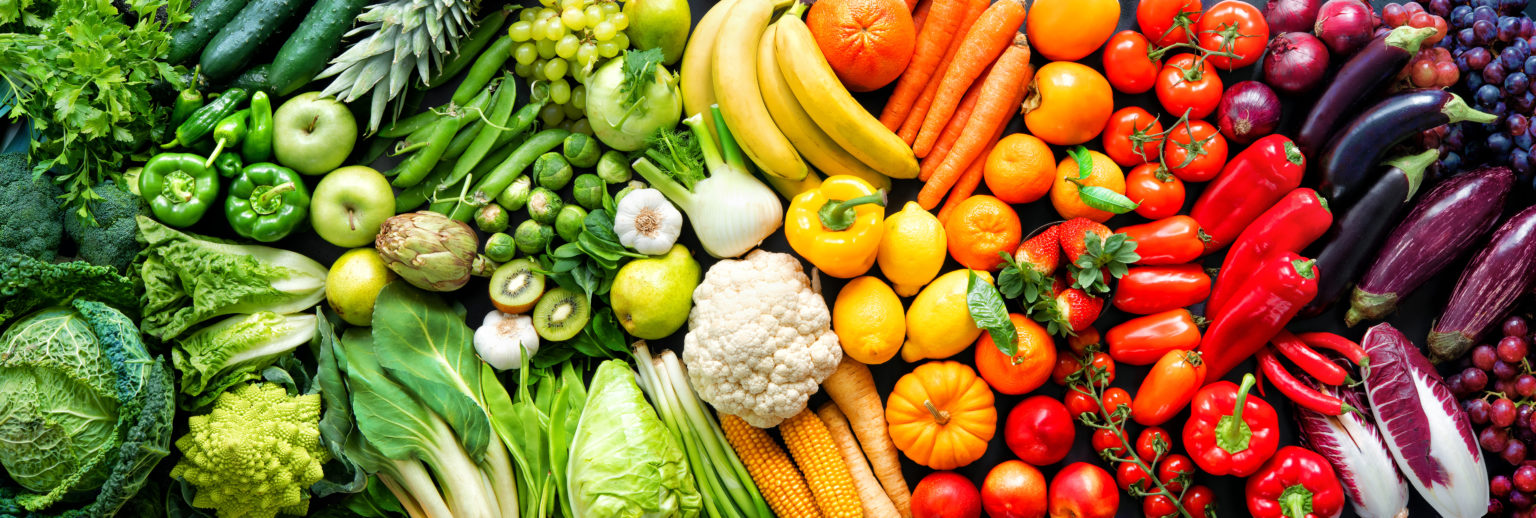 For those who have tried and failed to convert to a vegan lifestyle, they can easily say that it is one of the hardest challenges anyone can take. As children, we are accustomed to consuming meat, vegetables, dairy products, and grains. Each should be distributed fairly, but that is not usually the case. All too often, people eat too much meat, which can lead to countless health concerns. A great way to live a happier, healthier life is by embarking on a vegan lifestyle change. It may sound lofty, but it’s doable!
For those who have tried and failed to convert to a vegan lifestyle, they can easily say that it is one of the hardest challenges anyone can take. As children, we are accustomed to consuming meat, vegetables, dairy products, and grains. Each should be distributed fairly, but that is not usually the case. All too often, people eat too much meat, which can lead to countless health concerns. A great way to live a happier, healthier life is by embarking on a vegan lifestyle change. It may sound lofty, but it’s doable!
A vegan diet is a part of a lifestyle that excludes the consumption or use of any products that come from animals. Some people may think this is an extreme attempt at leading a healthy lifestyle, but there are plenty of benefits that come with a vegan diet. Vegan food choices are low in saturated fats and are rich in nutrients, which is what our bodies need. If you’re thinking about taking up a vegan diet, we support you! Although, there are some important things to know prior to vegan meal planning, and thankfully, we have all the information for you.
Know the Difference Between Vegan and Vegetarian Diets
There are important differences between vegan and vegetarian diets. These differences greatly impact food choice and nutritional intake. The main difference is that vegetarians do not consume any source of meat, but they will continue to consume dairy products and eggs. Vegans do not consume animal products, at all. This means that it is less necessary for vegetarians to supplement nutrients. Vegetarians can still extract enough calcium from milk, for example. On the other hand, vegans must find a plant-based source of calcium, in order to stray from animal produce.
The Benefits of Going Vegan
A vegan diet can have an extremely positive impact on health. As difficult as it may seem now, it is very possible for a purely plant-based diet to provide the necessary key nutrients to sustain your health. Let’s touch on the many benefits that accompany a vegan lifestyle.
Zero Animal Fats
Consuming animal fats has been linked to a range of illnesses and health conditions such as diabetes, rheumatoid arthritis, hypertension, heart disease, and various forms of cancer. Animal sources are highly likely to account for thirteen of the top fifteen sources of cholesterol-raising fats in the U.S. By cutting these fats from your diet, the risk of many health issues can be greatly reduced. Animal fats may also be responsible for transferring industrial cancer-linked chemicals and toxins from their environment. Healthy, plant-based oils and fats, such as olive oil, provide the necessary fatty acids we need without increasing the levels of low-density lipoprotein (LDL) cholesterol.
Improving Your Bone Health
Calcium intake is important for bone and dental health. For the average American, milk and cheese are the most popular and efficient sources of calcium. If you want to go vegan, figs, kale, spinach, black-eyed peas, and turnip greens can be ideal sources of calcium.
There are plenty of healthier alternatives to milk that vegans can consume. The most popular include soy milk, almond milk, and coconut milk. There’s even vegan cheese! By consuming these sources of calcium, you can also expect high intake levels of vitamin D and K, potassium, and magnesium.
Soy, fruit, and vegetables contain healthy amounts of these nutrients, all without causing you to run the risk of consuming animal fats. Vegans have also shown more efficient absorption of calcium and bone metabolism, the process through which new bone tissue is formed and restored.
Fight Against Chronic Diseases with a Vegan Diet
Chronic disease is one of the leading causes of death in the United States alone. People who choose a vegan diet are able to decrease their chances of being susceptible to chronic disease significantly. With that in mind, it would be helpful to choose diets that are predominantly plant-based, as they are credited with counteracting an individual’s genetic likelihood of developing a chronic disease, such as type 2 diabetes.
A 2008 study shows that bioactive compounds in plant foods can control biological factors that fight against the genetic factors that are linked to some chronic diseases. Researchers maintain that the antioxidants in plant-based foods can combat free radical cells that cause cell damage and inflammation. Other plant compounds can help to control different genes linked to cardiovascular disease, arterial plaque, and tumor growth.
Adopt a Vegan Lifestyle Gradually
Even though an entirely plant-based diet has very low health risks, it is still important for you to take the necessary precautions to maintain nutritional balance. It is highly advised that you stop consuming animal products at a slow and steady pace. Completely and immediately doing away with animal products can cause an unhealthy loss of weight. You want your body to become accustomed to your new lifestyle in the right way. You can incorporate one meat alternative first, then progress to other non-animal products, eventually phasing out animal products completely.
Healthonomic Primary Care Supports Your Lifestyle
Here at Healthonomic Primary Care, we care about your long-term health and we advise that you do everything you possibly can to lead a healthy lifestyle! Don’t hesitate to contact our clinic to learn more about how you can change your diet and eating habits.
